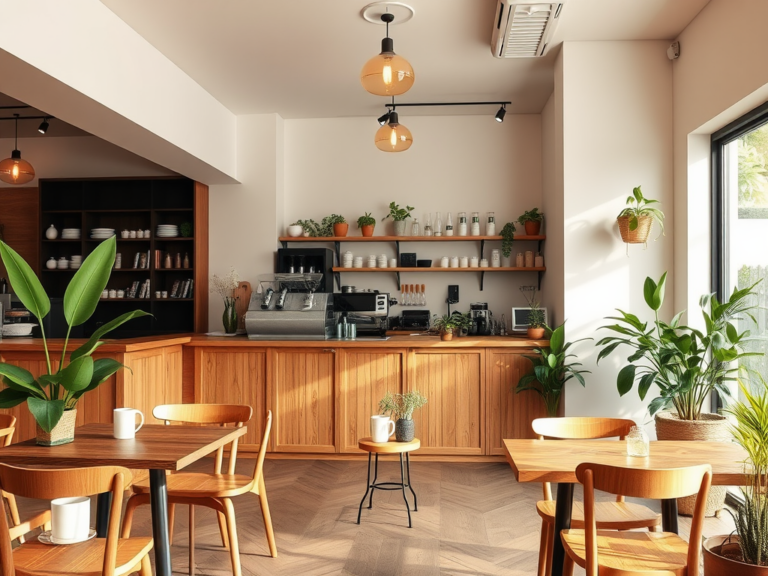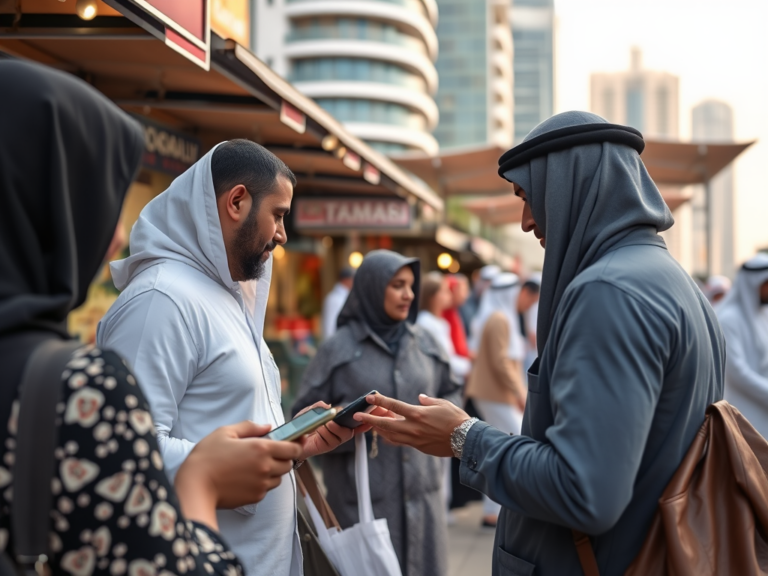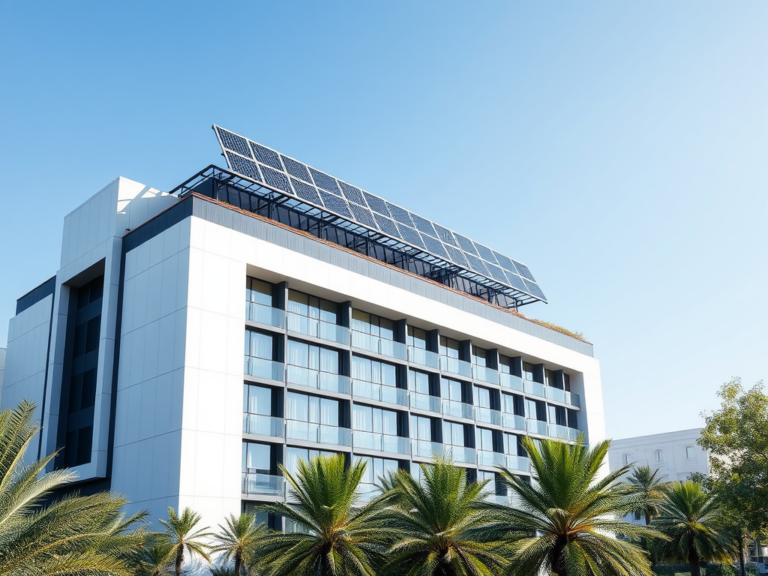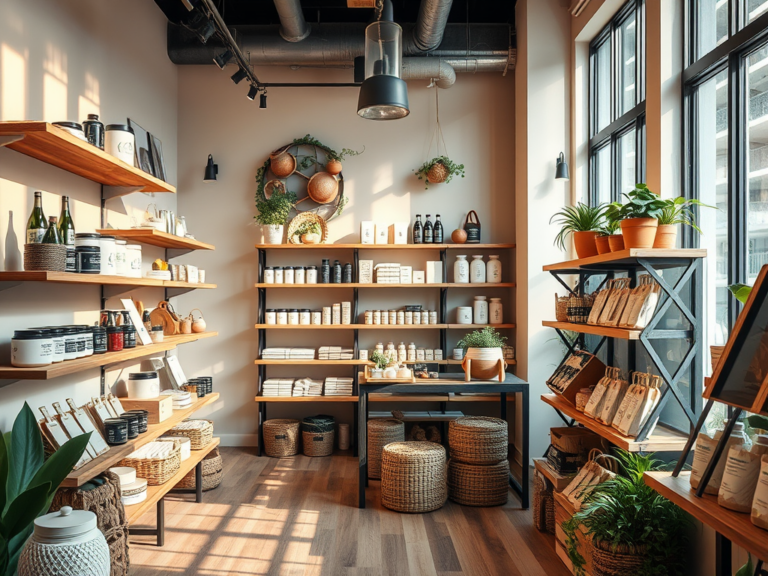Dubai’s luxury real estate market presents a plethora of opportunities for savvy investors seeking high returns and capital appreciation. Understanding the investment strategies that work best in this vibrant city is key for anyone looking to enter the market. This article will delve into effective investment strategies tailored for Dubai’s luxury real estate sector, considering the unique dynamics and trends that characterize this market.
Understanding Dubai’s Luxury Real Estate Landscape
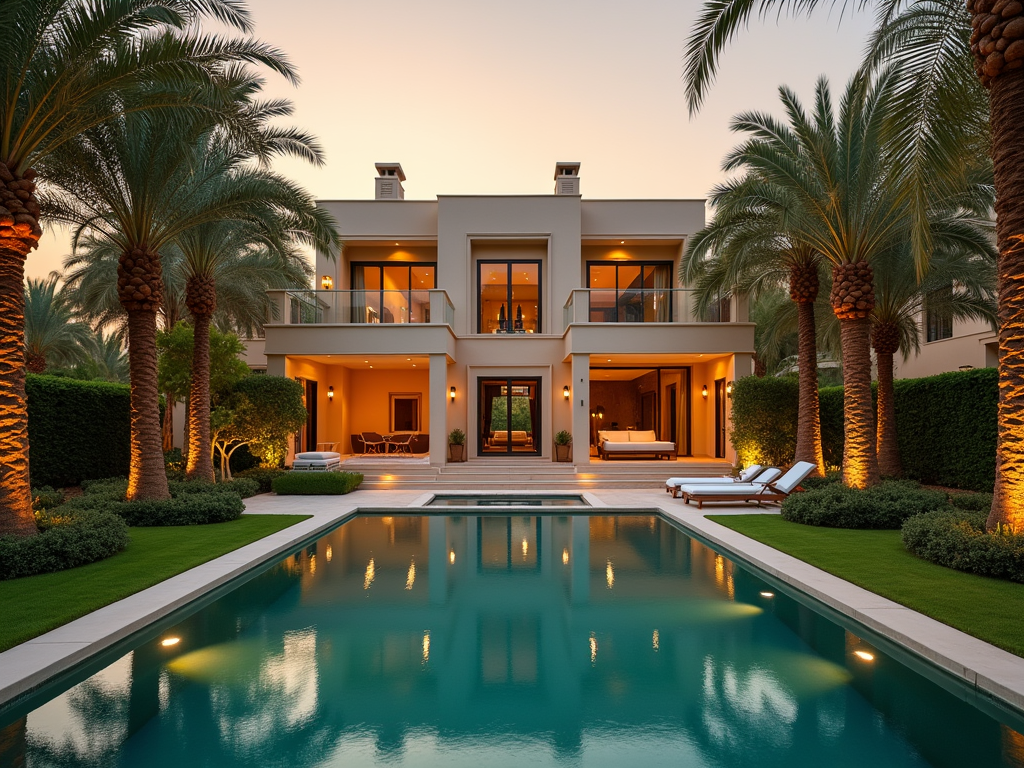
Dubai is renowned for its opulence and has become a hotspot for affluent investors from around the globe. The luxury real estate market in Dubai is distinguished by its stunning architecture, prime locations, and a wide array of amenities. Key factors include:
- Innovative developments such as the Burj Khalifa and Palm Jumeirah
- A thriving economy supported by tourism and trade
- Tax incentives, including zero property tax and no capital gains tax
- A diverse buyer demographic, including expats and foreign investors
- High rental yields, averaging between 6% to 10%
Understanding these factors is essential for developing a robust investment strategy that aligns with market trends and investor goals.
Investment Strategies to Consider

Investors looking to capitalize on Dubai’s luxury real estate market should consider several strategic approaches to maximize their returns. Here are some effective investment strategies:
- Long-term Holding: Buying high-value properties and holding them for an extended period can yield significant appreciation as Dubai continues to grow and attract investors.
- Short-term Rentals: Utilizing platforms like Airbnb can generate substantial rental income, particularly in high-demand areas, making this strategy attractive for investors focused on cash flow.
- Flipping Properties: Investors can purchase undervalued properties, renovate them, and sell them at a premium, capitalizing on Dubai’s dynamic real estate market.
- Diverse Portfolio: Diversifying property types—luxury villas, apartments, and commercial spaces—can mitigate risks and spread investment exposure.
- Off-Plan Investments: Buying properties that are still under construction can lead to lower entry prices; many developments offer attractive payment plans and projected high returns upon completion.
Conducting thorough market research is paramount in Dubai’s luxury real estate landscape. Investors must stay informed about:
- Emerging neighborhoods that show potential for growth
- Current property market trends and pricing
- Comparative analysis of ROI across different developments
- Legal considerations surrounding foreign investments
- Upcoming infrastructure projects that might impact property values
Being well-informed will empower investors to make educated decisions, negotiate better deals, and ultimately enhance their investment outcomes in Dubai’s competitive market.
Financing Your Investment
Securing financing is another critical aspect of investing in Dubai’s luxury real estate market. Investors should explore the following options:
- Local Banks and Financial Institutions: Many banks in the UAE offer competitive mortgage rates tailored for expatriates and foreign investors.
- Cash Purchases: Many luxury real estate transactions are completed in cash, enabling buyers to avoid mortgage complexities.
- Specialized Investment Funds: High-net-worth individuals can consider real estate investment trusts (REITs) or private equity funds focusing on Dubai’s luxury market.
Understanding various financing options can help investors leverage their capital effectively, ensuring they can seize opportunities in this lucrative segment.
Conclusion
Investing in Dubai’s luxury real estate market can be highly rewarding when approached with the right strategies. By understanding the local landscape, conducting thorough research, and considering various financing options, investors can maximize their returns in this thriving market. Whether leveraging long-term holds, short-term rentals, or engaging in property flipping, the opportunities are plentiful for those willing to navigate the dynamic environment of luxury real estate in Dubai.
Frequently Asked Questions
1. What is the average rental yield for luxury properties in Dubai?
The average rental yield for luxury properties in Dubai ranges from 6% to 10%, making it an attractive investment option.
2. Are there any taxes on real estate investments in Dubai?
No, Dubai imposes no capital gains tax or property tax on real estate investments, which enhances the appeal for investors.
3. Is it safe to invest in off-plan properties in Dubai?
Investing in off-plan properties in Dubai can be safe, especially when dealing with reputable developers. Research and due diligence are essential.
4. How can I finance my luxury real estate investment in Dubai?
You can finance your investment through local banks, cash purchases, or specialized investment funds that focus on the luxury real estate market.
5. What kinds of properties are in high demand in Dubai’s luxury market?
High-demand properties typically include waterfront villas, high-rise apartments in prime locations, and penthouses in luxury developments.
